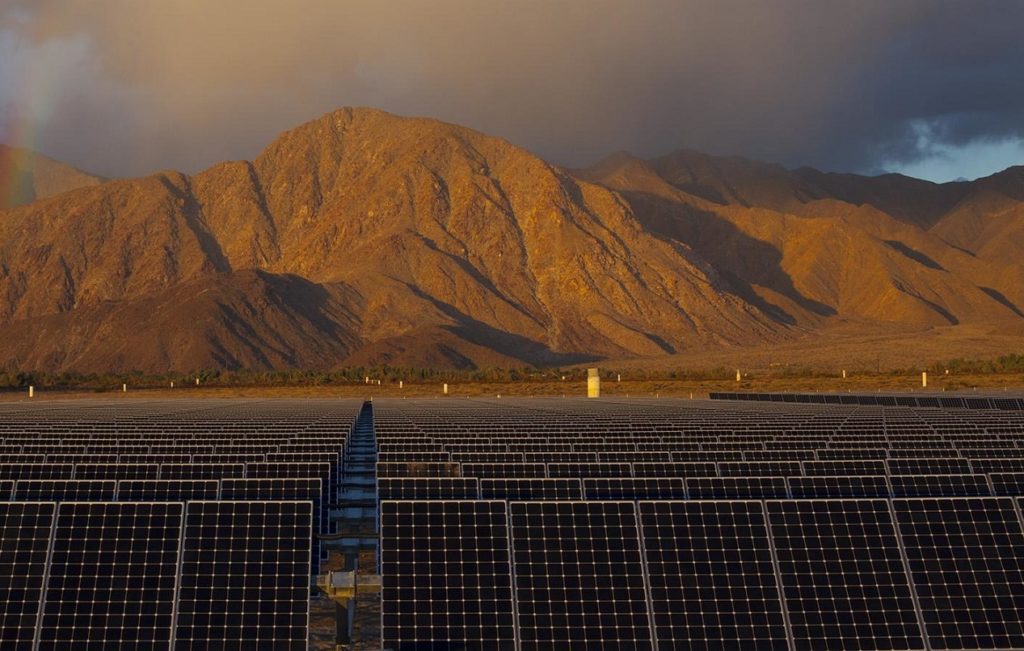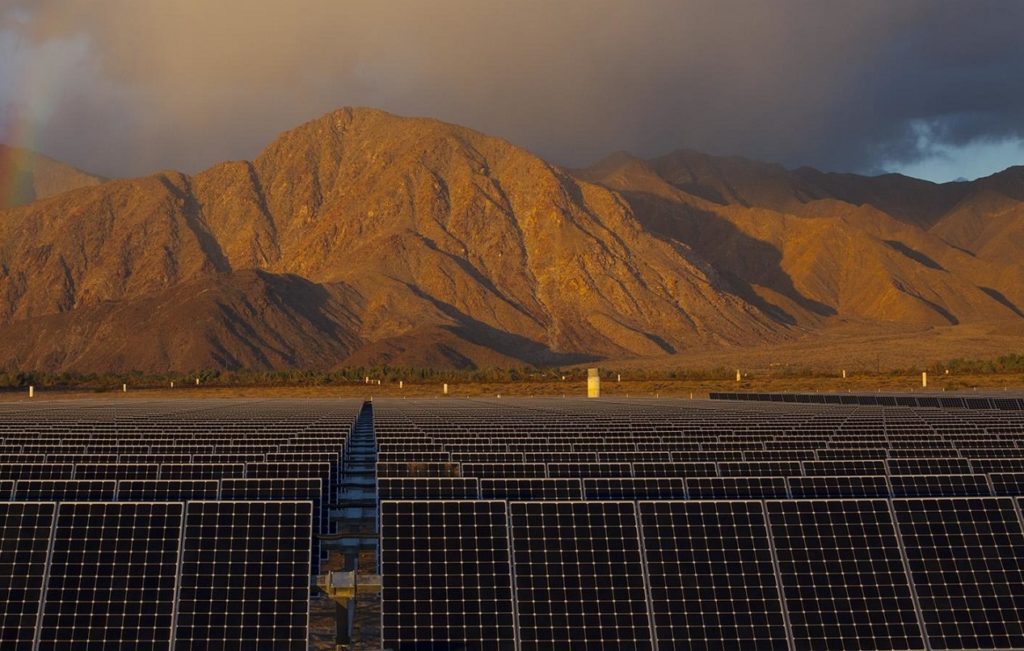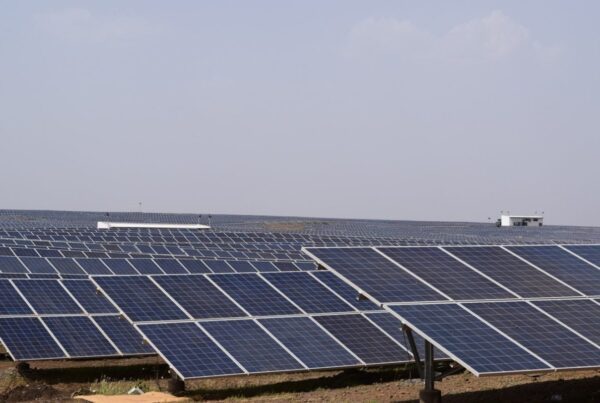
The US Supreme Court has restricted the federal government’s authority to regulate greenhouse gas emissions from power plants in a ruling that critics have warned will hit renewables deployment and hobble the Biden administration’s climate agenda.
By a 6-3 vote, with conservatives in the majority, the court has limited the Environmental Protection Agency’s (EPA) authority to regulate emissions from existing coal- and gas-fired power plants under the Clean Air Act law.
“The Supreme Court has added unnecessary barriers that will only slow clean energy deployment when we should be focused on addressing the climate crisis,” said Abigail Ross Hopper, CEO at the Solar Energy Industries Association, in response to the decision.
She added that the EPA has the expertise to execute a thoughtful strategy on curbing carbon emissions, “and stripping them of this power will only make it harder to reach our decarbonisation goals”.
In its ruling, the court declared that the EPA overstepped its authority in 2015 when it issued guidelines meant to cut carbon dioxide emissions by coal-fired power plants, demanding that they follow the “best system of emission reduction” in producing electricity, or subsidise increased generation by natural gas, wind or solar.
Chief Justice John Roberts wrote in his opinion for the court that while capping carbon dioxide emissions at a level that will force a nationwide transition away from the use of coal to generate electricity may be sensible, “it is not plausible that Congress gave EPA the authority to adopt on its own such a regulatory scheme”.
According to Environmental Defense Fund, while the Supreme Court recognised EPA’s authority to address pollution from existing fossil fuel power plants under the Clean Air Act, it constrains the agency’s authority to rely on clean energy solutions the power industry itself identified as the most cost-effective.
The decision represents a blow to Biden’s climate ambitions, including a pledge to half US emissions by 2030 and reach a carbon pollution-free power sector by 2035.
Describing the ruling as “another devastating decision that aims to take our country backwards”, President Biden said the decision “sides with special interests that have waged a long-term campaign to strip away our right to breathe clean air”. He said he has directed his legal team to review the Supreme Court’s ruling and find ways to protect Americans from harmful pollution.
According to Allison Wood, an environmental lawyer at law firm McGuireWoods, the decision will limit what the Biden administration can do to regulate greenhouse gas emissions not just from existing power plants but also from existing sources in other industries.
Renewables trade bodies and environmental organisations have condemned the ruling, with American Council on Renewable Energy CEO Gregory Wetstone saying it “will inevitably hinder America’s climate progress”.
Tom Buttgenbach, CEO at solar and storage developer 8minute Solar Energy, said the court’s decision “hinders the clean energy momentum that is so urgently needed to address the climate crisis and power our economy”.
Second only to China in terms of greenhouse gas emissions, the US is a key player in global efforts to tackle the climate crisis as it bids to reach net zero by no later than 2050.
A United Nations spokesperson said the decision “is a setback in our fight against climate change, when we are already far off track in meeting the goals of the Paris Agreement”.
The ruling follows research published earlier this week by bp that revealed while solar and wind reached a 10.2% share of power generation globally in 2021, coal remained the dominant fuel for power generation, with its share increasing to 36%.
Shareholder advocacy organisation As You Sow said the Supreme Court’s action highlights the need for Congress to move faster to pass ambitious climate legislation and provide economic support for federal clean energy investments at scale.
While Biden’s recent move to freeze tariffs on solar imports from Southeast Asia promises to kickstart US solar deployment, the president’s Build Back Better agenda – featuring a raft of provisions to support renewables deployment and manufacturing – remains stalled amid opposition from Democratic Senator Joe Manchin and congressional Republicans.
On the Supreme Court ruling, Justice Elena Kagan wrote in dissent that the decision strips the EPA of the power Congress gave it to respond to “the most pressing environmental challenge of our time”.
She said: “The Court appoints itself – instead of Congress or the expert agency – the decisionmaker on climate policy. I cannot think of many things more frightening.”





